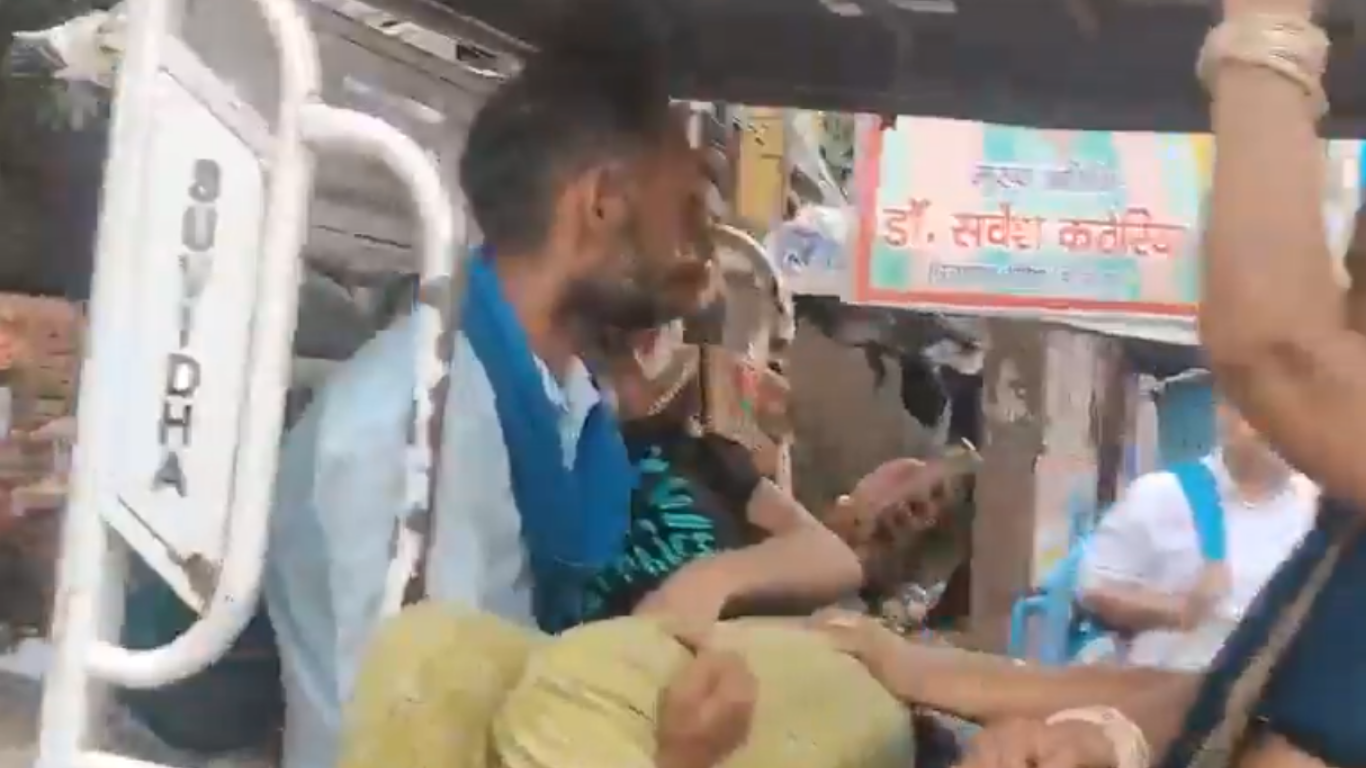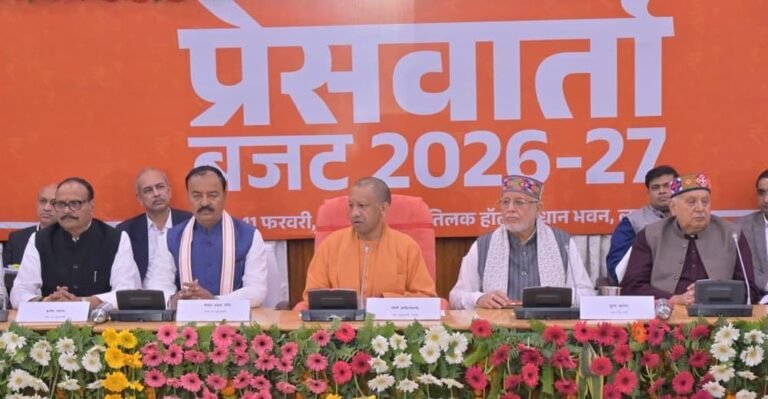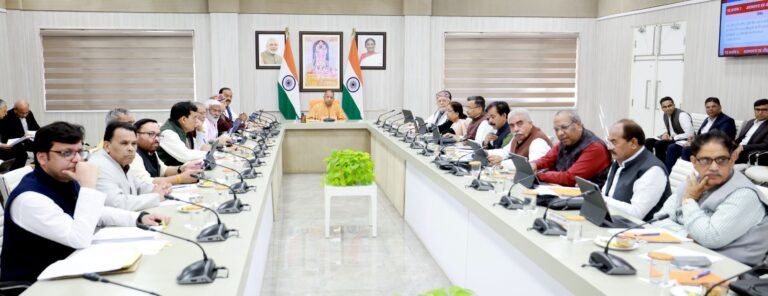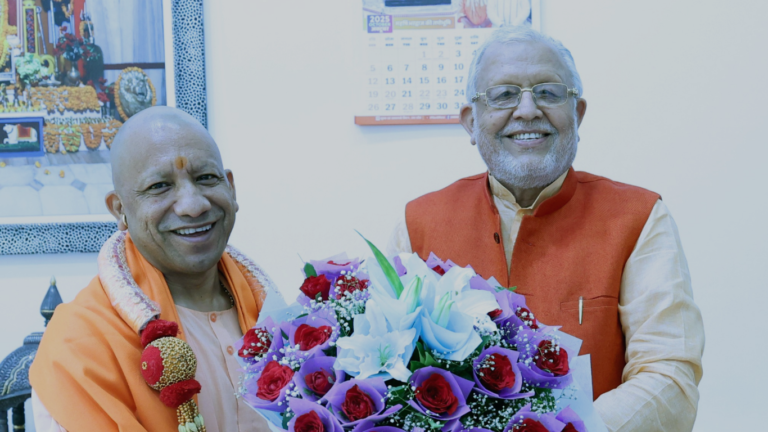
Etawah, September 1, 2025 – In a heartbreaking incident in Etawah’s Maniyamau village, under the Ikdil police station area, a 14-year-old girl died under suspicious circumstances on August 29, 2025, leaving her family to face yet another ordeal- no hospital ambulance was available to transport her body home. Forced to use an e-rickshaw to carry their daughter’s body, the family’s grief has sparked outrage and raised serious questions about the state of healthcare services in Uttar Pradesh.
The girl had been unwell for some time and was receiving treatment at a private clinic. On Friday, her condition worsened suddenly, with high fever and deteriorating health. Her father, Shiv Dayal, rushed her to the 50-bed hospital in Bakewar. There, Dr. Ajay Maurya, the medical superintendent, declared her dead upon arrival. After the devastating loss, the family requested a hospital ambulance to take her body back to their village. To their shock, they were told no ambulance was available, and the wait for a hearse would take too long. Left with no choice, the family placed their daughter’s body in an e-rickshaw and traveled home, a painful and undignified journey that has left the community stunned.
Dr. Maurya explained that the hospital had tried to arrange a hearse, but the delay prompted the family to act on their own. “The girl was already deceased when she arrived. We informed the family about the hearse, but they chose to leave with the body,” he said. However, this explanation has done little to calm the anger of the family and locals, who see this as a failure of the healthcare system. Shiv Dayal expressed his anguish, saying, “My daughter was sick, and we did everything to save her. But to carry her body like this? It’s a lapse on the the part of system.”
The incident has drawn attention to the broader issue of inadequate ambulance services in rural Uttar Pradesh. Residents of Maniyamau are now demanding answers and accountability from hospital authorities and the state government. This tragedy has left Maniyamau grieving and demanding change. Community leaders are calling for immediate improvements in ambulance availability and better oversight of rural hospitals.



